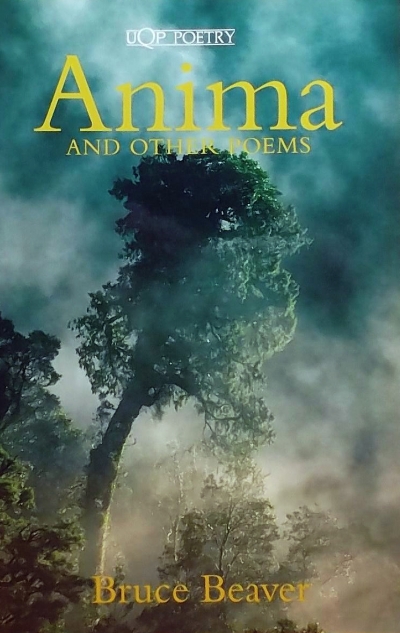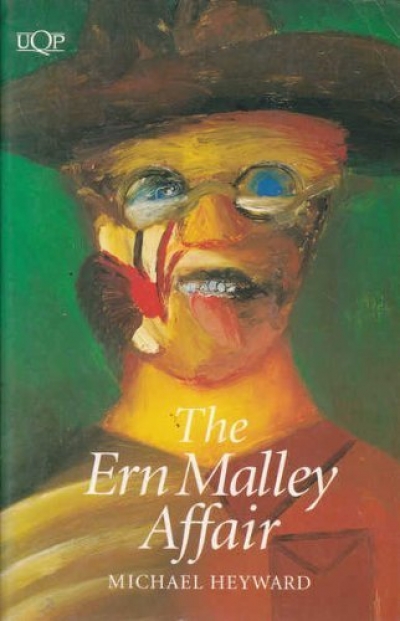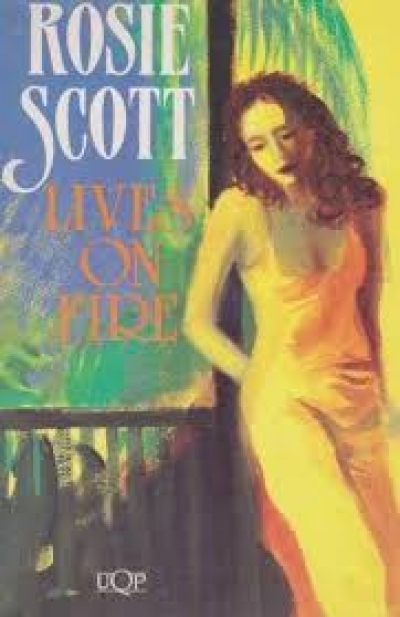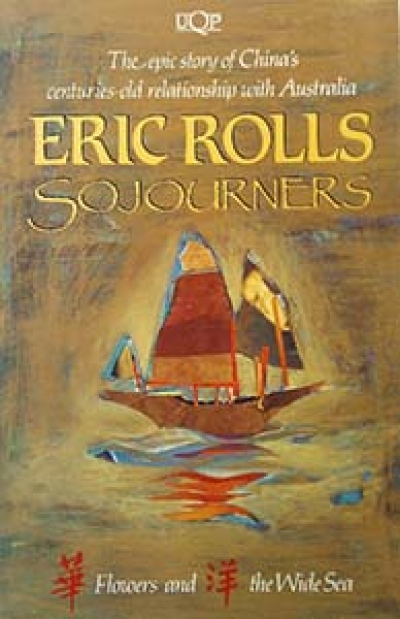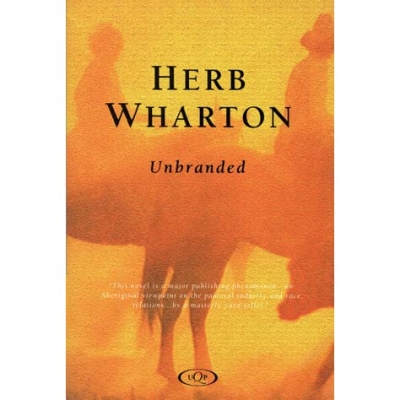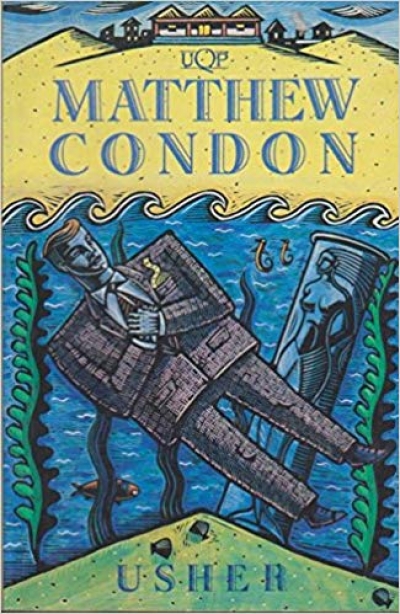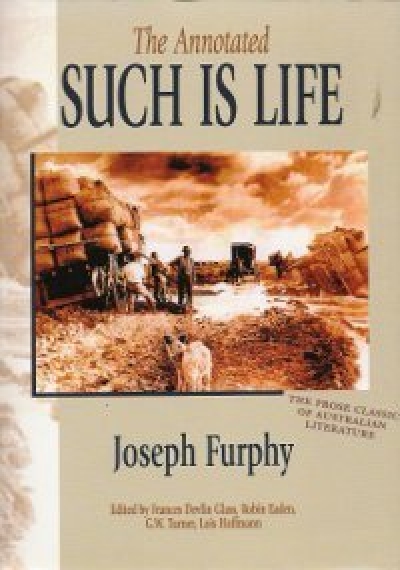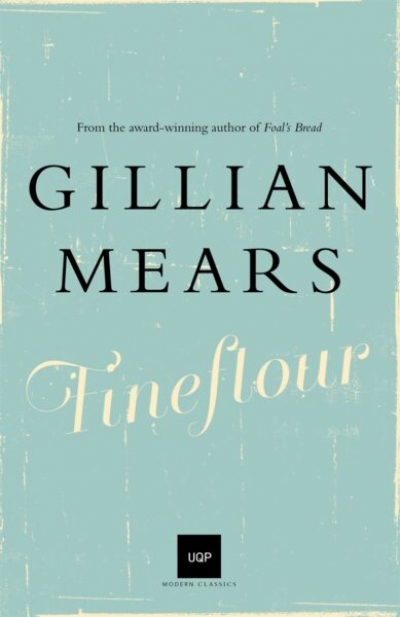University of Queensland Press
Sojourners: The epic story of China’s centuries-old relationship with Australia by Eric Rolls
by Daniel Kane •
Boundary Conditions: The poetry of Gwen Harwood by Jennifer Strauss
by Alison Hoddinott •
These five books are about war and are all written by veteran infantrymen (except Making the Legend), a fact which is quite relevant. The fiction is every bit as gritty as the non-fiction. There’s none of the glamour that popular thrillers attach to war, and there’s none of the abject horror that literature generally attributes to war. Instead, there is what can only be described as honesty. These books are truly about the work of winning wars; not the glory or triumph, but the face-in-the-mud labour of it.
... (read more)The Annotated Such is Life by Joseph Furby & The Life and Opinions of Tom Collins by Julian Croft
by Chris Wallace-Crabbe •

